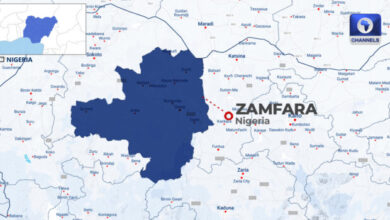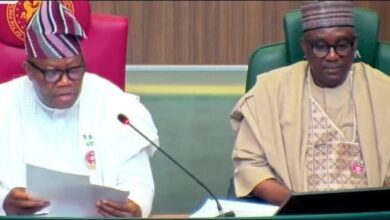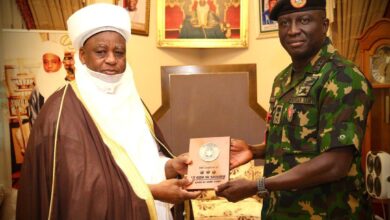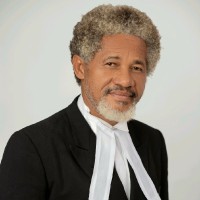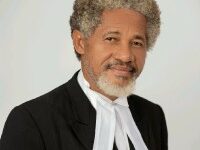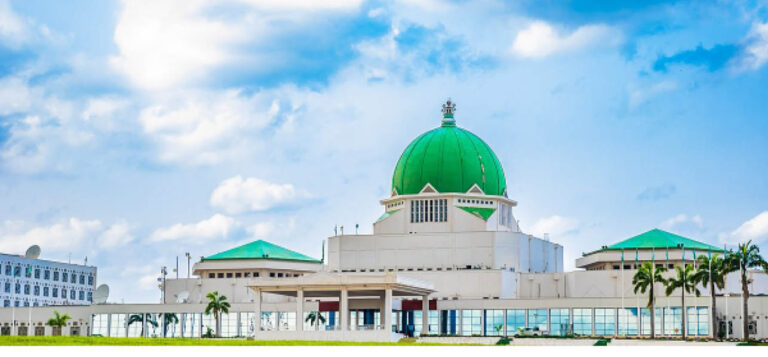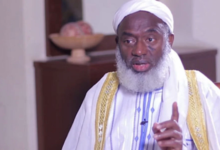OPINION – “Propaganda deceives but it can’t govern”
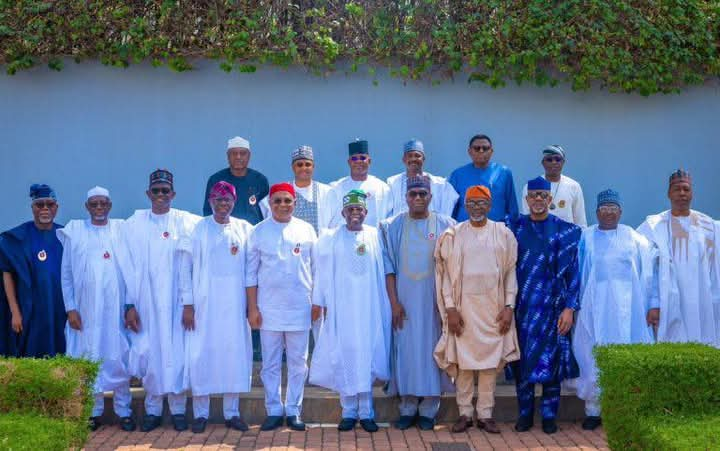
By Mohammed Salihu – June 1, 2025
Today, Reno Omokri still clings to that playbook, tweeting revisionist tales, attacking journalists, and gaslighting reality. But history is already pushing him toward irrelevance, just as it did to his predecessors.
From the dawn of independence in 1960 to the digital misinformation era of today, Nigerian governments have consistently used propaganda as a substitute for performance—crafting grand narratives to mask broken systems, sell failure as reform, and distract citizens from the rot beneath. Yet, history offers a consistent verdict: while propaganda may deceive for a time, it can never govern.

The tale of Nigeria is not just the story of corrupt leaders, but also of skilled manipulators—propagandists who framed incompetence as patriotism and painted suffering with the colors of progress. But they all shared a fate: they faded. Exposed by time, rejected by truth, and erased from relevance.
Let us take a walk through the decades.
Nnamdi Azikiwe: The Nationalist Press Turned Political Tool:
Dr. Nnamdi Azikiwe, Nigeria’s first President, came into prominence as a journalist and nationalist. While his pre-independence media activism was grounded in anti-colonial resistance, his government soon embraced selective storytelling to project unity where none existed and progress where crisis brewed.
State-owned media in the early First Republic painted a harmonious federation even as regional tensions simmered. The illusion couldn’t hold: by 1966, the First Republic collapsed under ethnic suspicion, corruption, and military coup. The founding fathers’ vision, clouded by propaganda and unaddressed realities, proved unsustainable.
Yakubu Gowon to Shehu Shagari: Peace in Pieces:
General Yakubu Gowon, who ruled during and after the Civil War (1967–1975), became the face of a campaign to “rebuild” and “reunite” Nigeria. Slogans like “No Victor, No Vanquished” and the much-publicized 3Rs – Reconstruction, Reconciliation, and Rehabilitation – dominated state broadcasts. But behind the speeches was a deeply fractured country, with no real attempt at justice or healing.
General Murtala Mohammed’s brief rule brought charismatic messaging about anti-corruption and discipline, but little structural reform. His successor, General Olusegun Obasanjo (first stint), oversaw a carefully controlled image of military patriotism, even while preparing for transition to civilian rule.
President Shehu Shagari’s democratic government (1979–1983) clung to the illusion of stability while the economy crumbled. His propagandists insisted Nigeria was not in crisis—even as inflation, mismanagement, and scandal destroyed the republic. By 1983, the military returned, declaring the “corrupt civilian politicians” had lied to the nation.
Babangida: The Sultan of Spin:
If Nigeria had a doctorate in propaganda, General Ibrahim Babangida (1985–1993) would be its thesis. Known for his media-savvy rule, IBB elevated public relations above governance. His regime’s infamous Structural Adjustment Programme (SAP) was marketed as a bold economic salvation. In reality, it devastated the middle class, devalued the currency, and sparked widespread poverty.
Babangida’s propaganda machine was sophisticated, using journalists, intellectuals, and broadcast media to legitimize austerity. Even the annulment of the June 12, 1993, election was wrapped in “national security” narratives. But when the illusion collapsed, so did the regime. His once-powerful image-makers were discarded by the people, their relevance extinguished by the truth.
Abacha: Repression with a Smile:
General Sani Abacha (1993–1998) perfected state-controlled propaganda with brute force. His regime manufactured patriotism through musical jingles, mass rallies, and government-controlled media, even as it murdered dissidents and pillaged the treasury.
Figures like Tom Ikimi, Walter Ofonagoro, and Doyin Okupe became champions of denial—insisting on economic progress amid repression and international isolation. But the moment Abacha died, the false narrative collapsed. His defenders were swiftly ejected from national memory, discredited beyond repair.
Obasanjo Returns: Democracy with a Muzzle
Returning as a civilian in 1999, Olusegun Obasanjo’s second presidency used state media to project a reformist image. His government’s failures—fuel scarcity, privatization scandals, and human rights abuses—were brushed aside with glossy PR. The Third Term agenda was coated in euphemisms like “national interest” and “continuity.”
Yet Nigerians saw through it. The plan failed, and many of its promoters faded from public life. Propaganda again met its natural limit: truth.
Jonathan and the Social Media Mirage
President Goodluck Jonathan (2010–2015) presided over an era of digital spin. His aides, most notably Reno Omokri, took the war of narratives online. Using social media, Omokri and others crafted an alternate reality—one where Boko Haram wasn’t a crisis, and corruption was exaggerated by critics.
Hashtags like #GEJisWorking and photoshopped achievements flooded timelines while Chibok girls remained missing and fuel queues snaked through cities. In 2015, Nigerians voted against that illusion. Jonathan’s defenders, once loud, became relics—their credibility drowned by fact.
Today, Reno Omokri still clings to that playbook, tweeting revisionist tales, attacking journalists, and gaslighting reality. But history is already pushing him toward irrelevance, just as it did to his predecessors.
Buhari: The Echo of Broken Promises:
President Muhammadu Buhari (2015–2023) rose on the wings of the Change mantra—a propaganda masterpiece. Promises of security, anti-corruption, and economic reform were backed by coordinated media blitzes and PR-driven spokespersons.
But reality refused to cooperate. Insecurity worsened. The economy shrank. Youth unemployment soared. Minister Lai Mohammed’s denials, and the administration’s tone-deaf narratives, became punchlines.
When Buhari exited office, his “change” narrative was no longer inspirational—it was infamous. His propagandists, too, lost public trust and are now struggling to find relevance in a more skeptical society.
Today: A New Crop, Same Old Playbook:
Today’s political spin doctors—many from previous regimes—continue the tradition. Reno Omokri remains a standout example, building a personal brand on defending the indefensible. But like the others before him, his noise lacks substance.
The Nigerian public, armed with technology and memory, is no longer easy to deceive. Propaganda has a shorter shelf life now. Its peddlers are exposed faster—and discarded quicker.
Conclusion: Propaganda Cannot Govern:
Across administrations—civilian and military—Nigerian leaders have leaned on propaganda to hide their shortcomings. And every time, the lie collapsed, and the people moved on. The megaphones of deception—no matter how loud—are always silenced by history.
Propaganda can rally a crowd, trend on social media, and win an election. But it cannot build roads, end insecurity, reduce inflation, or provide electricity. It cannot fix what’s broken. It can only delay the truth—and eventually, the truth always arrives.
Today’s propagandists, like those of yesterday, may be trending now. But tomorrow will forget them.
Because propaganda deceives—but it cannot govern.


